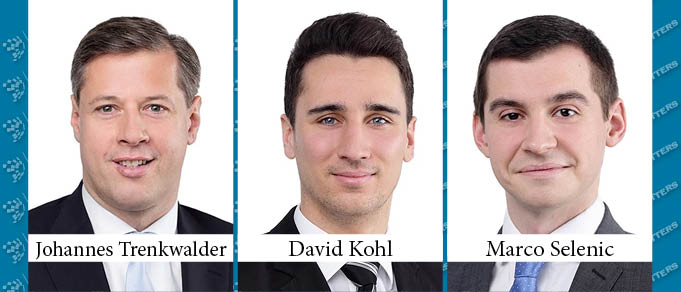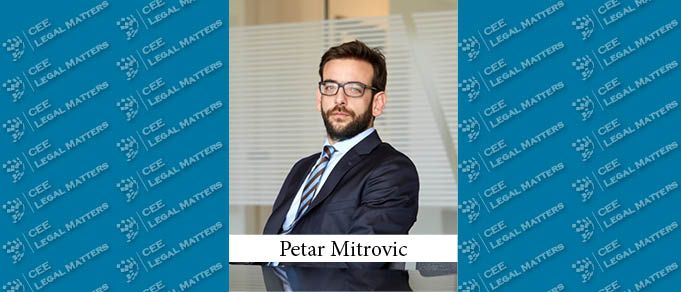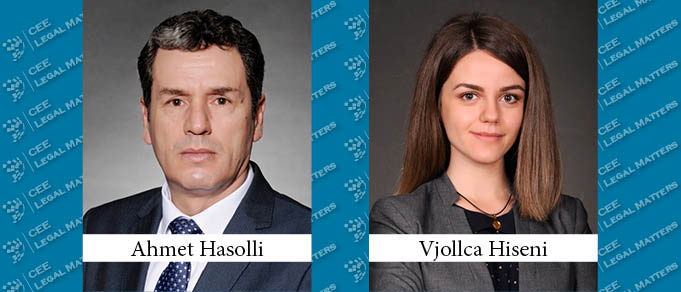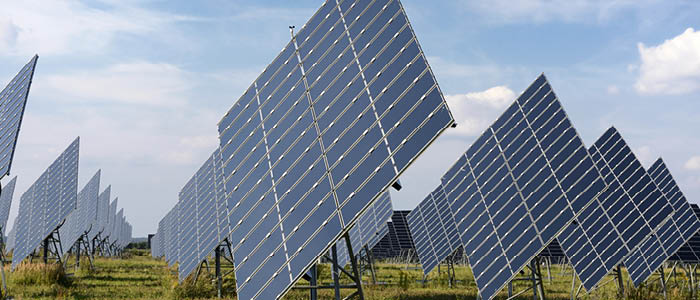The COVID-19 pandemic has revealed the vulnerability of supply chains worldwide, creating an increased awareness of the need to protect critical domestic infrastructure. On April 3, 2020, the Austrian Parliament adopted a motion encouraging the Minister for Digital and Economic Affairs to put forward (“as soon as possible”) a government bill designed to protect companies in key industries from takeovers by third country entities. Eight weeks later the resulting bill was presented to the public.
Albania: Towards Renewable Energy
In 2015, Albania harmonized its legislation with EU Directive 2009/72/EC through law no. 43/2015 “On Electrical Energy Sector” (the “Energy Law”).
Slovenia: A Path Towards Efficient Energy Consumption
Efficient energy consumption, reducing CO2 emissions, and energy from renewable sources have been in the spotlight of the European Union for a while now. Although the Republic of Slovenia has not attained the goals envisaged by the EU by 2020 – i.e., a 20% share of energy produced from renewable sources (i.e., 20% increase in energy efficiency and 20% reduction in CO2 emissions) – it remains above the EU average in that regard. Renewable energy sources amount to less than 3% of the overall energy produced in Slovenia, with the rest acquired through nuclear power (40%), fossil fuels (33%), and hydro energy (25%), allowing for substantial growth of the former in the future.
Serbia: Hoping for Greener Days
Reducing greenhouse gas emissions (GHG) from the energy sector is critical to mitigating climate change. Studies have shown that the electricity sector will play a key role in this mission, primarily through decarbonizing electricity production, which is heavily dependent on the massive deployment of renewable energy.
Serbia: Hoping for Greener Days (2)
Reducing greenhouse gas emissions (GHG) from the energy sector is critical to mitigating climate change. Studies have shown that the electricity sector will play a key role in this mission, primarily through decarbonizing electricity production, which is heavily dependent on the massive deployment of renewable energy.
Green Energy Update from Russia
Climate change and sustainability have become trending issues in Russia with the government encouraging “green” projects. The Russian authorities have been steadily implementing legal acts confirming Russia’s commitment to high standards of energy efficiency and setting out practical steps to be undertaken to achieve these. In this article we summarize the most notable developments and most anticipated legal acts in the sphere.
Electricity Production in Bulgaria Affected by the Pandemic
The main concern in the energy sector in Bulgaria, as in the rest of the EU, has shifted from constantly-increasing electricity prices to a significant drop in those prices during the pandemic. The Independent Bulgarian Energy Exchange (IBEX) reported the lowest prices in Europe – from below EUR 4/MWh to approximately EUR 12/MWh – for the day ahead market during the first weekend of April. Although these record-breaking figures have not stayed constant, the reduction of electricity consumption in the industry sector is still prolonging the trend, which is obviously here to stay. Electricity prices from approximately EUR 14 to EUR 35 for the first week of May are still way below the weighted average price of EUR 48.64/MWh for the day ahead market for 2019.
Future of Energy in the Czech Republic - Legal Prospects
The EU has been preparing for a substantial transition of its energy sector to address the urgency of climate change. The Czech Republic has proposed raising the share of its renewable energy sources (RES) in the gross final energy consumption from the current 15% (approximately) to 22% by 2030 to contribute to the EU-wide goal of obtaining 32% of gross final energy consumption from RES by the same year. This means there will be a focus on developing RES in the Czech Republic, and the Czech government also plans to substantially strengthen the role of nuclear energy while allowing the coal-fired energy to decline.
Hungary: The Results of the First METAR Tender
In March, 2020, the Hungarian Energy and Public Utility Regulatory Authority (HEPURA) published the official results of the first tender procedure of the Hungarian Renewable Energy Support System (METAR), in which bidders were encouraged to apply for state subsidies in (i) power plants between 0.3 MW and 1 MW capacity (the “Small Category”) and (ii) power plants between 1 MW and 20 MW capacity (the “Large Category”).
Ukrainian Renewables Sector – Liquidity Crisis
In recent years, international and local investors have been extremely active in the Ukrainian renewables sector – particularly in solar and wind projects – resulting in a significant amount of project finance and M&A activity in this sector.
Kosovo: Energy Matters in Kosovo
The energy infrastructure in Kosovo has not undergone major change over the past few decades. Due to high reserves of lignite, 97% of Kosovo’s electricity generation comes from two aging coal power plants. Unfortunately, lignite-coal of the kind found in Kosovo is among the most polluting and least efficient sources of energy. Consequently, Kosovo’s infrastructure is outdated and a major source of air pollution.
Turkey: Save the Date for IYS Registration – Extended Deadline and Recent Updates on Commercial Electronic Message
In Turkey, a local and centralized commercial electronic communication management system (IYS) for obtaining, exercising, and tracking opt-in/opt-out requests as well as complaints from recipients of electronic commercial communications was established under the supervision of the Ministry of Trade, the competent authority, in line with recent amendments to the Regulation on Commercial Communication and Commercial Electronic Messages. Also, a company has been incorporated solely for the establishment and management of IYS on behalf of the institution authorized by the Ministry (IYSCo).
Ukrainian Data Protection Considerations Related to COVID-19
The restrictions that have been implemented by most governments to tackle the COVID-19 pandemic have affected various sectors of the economy and changed the way most businesses operate.
On the Concept of “Data Processor” in Russian Personal Data Law
Although, unlike the GDPR, Russia’s Personal Data Law does not clearly distinguish the concepts of data controller and data processor, there is a draft amendment to Russia’s law which, if adopted, would introduce these concepts.
Croatia: Our Top 3 Picks of Data Protection News from Croatia
Looking back on the first five months of 2020, three data processing topics in Croatia deserve attention, if for nothing else than their historical value. Data Protection – particularly finalizing the EU’s e-Privacy Regulation – has been identified as among the priorities of the Croatian Presidency of the Council of the European Union. The Croatian Personal Data Protection Agency (AZOP) publicized its first administrative fine against a bank for denying its clients the right of access to their personal data. And, if you were hoping this article would skip the ubiquitous COVID-19, no such luck: data processing issues and guidance amid the pandemic is the winner of our mini chart.
Serbia: Walking the Fine Line – Processing Employees Data During COVID-19 Pandemic
Companies around the globe are having to make urgent decisions to keep their employees safe and ensure business continuity in the midst of the COVID-19 outbreak. In order to fulfil these goals, companies need to find the right balance between providing a safe working environment and respecting their employees’ privacy, which can prove to be quite difficult in practice.
Austria During COVID-19 – Use of Electronic Signatures
In Austria, like in many other countries, the current restrictions due to the COVID-19 situation are causing extensive and opaque changes in social life and related legal issues. Although home office has become well established, it is still associated with limited opportunities for personal interaction. The situation raises many legal questions, one of which is how people can pragmatically conclude or sign a legally effective contract.
Romania: Will the New AML 5 Legal Framework Restrict Transactions with Virtual Currency in Romania?
In a recent warning, the European Union Commission sent infringement letters to Romania and seven other countries alerting them that they had failed to notify the EC of any implementation measures related to the transposition of the 5th Anti-Money Laundering Directive (EU Directive 2018/843, or AML 5) into national law, and instructing them to proceed with the transposition, which was supposed to have happened by January 10th, 2020, immediately.








































